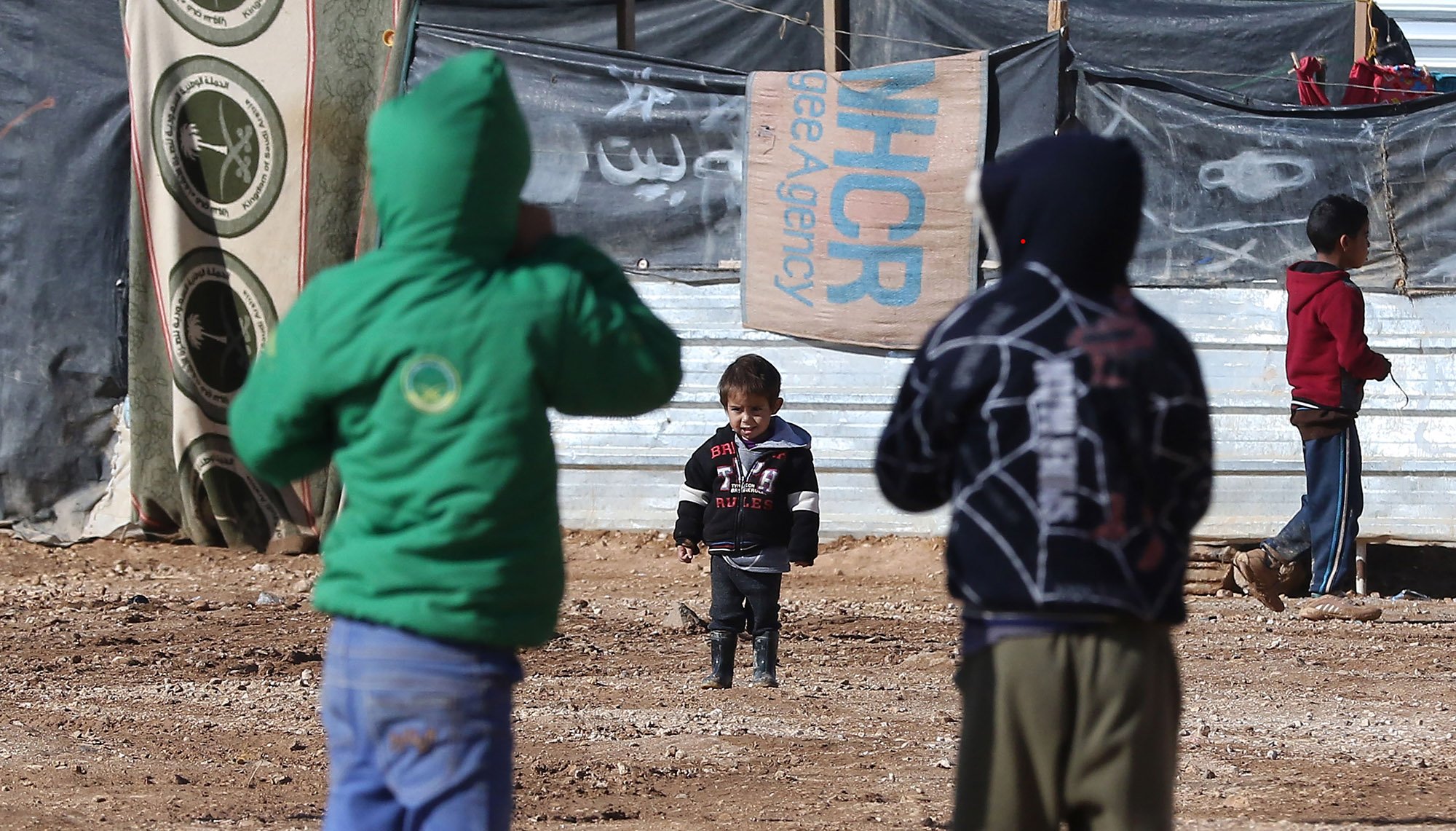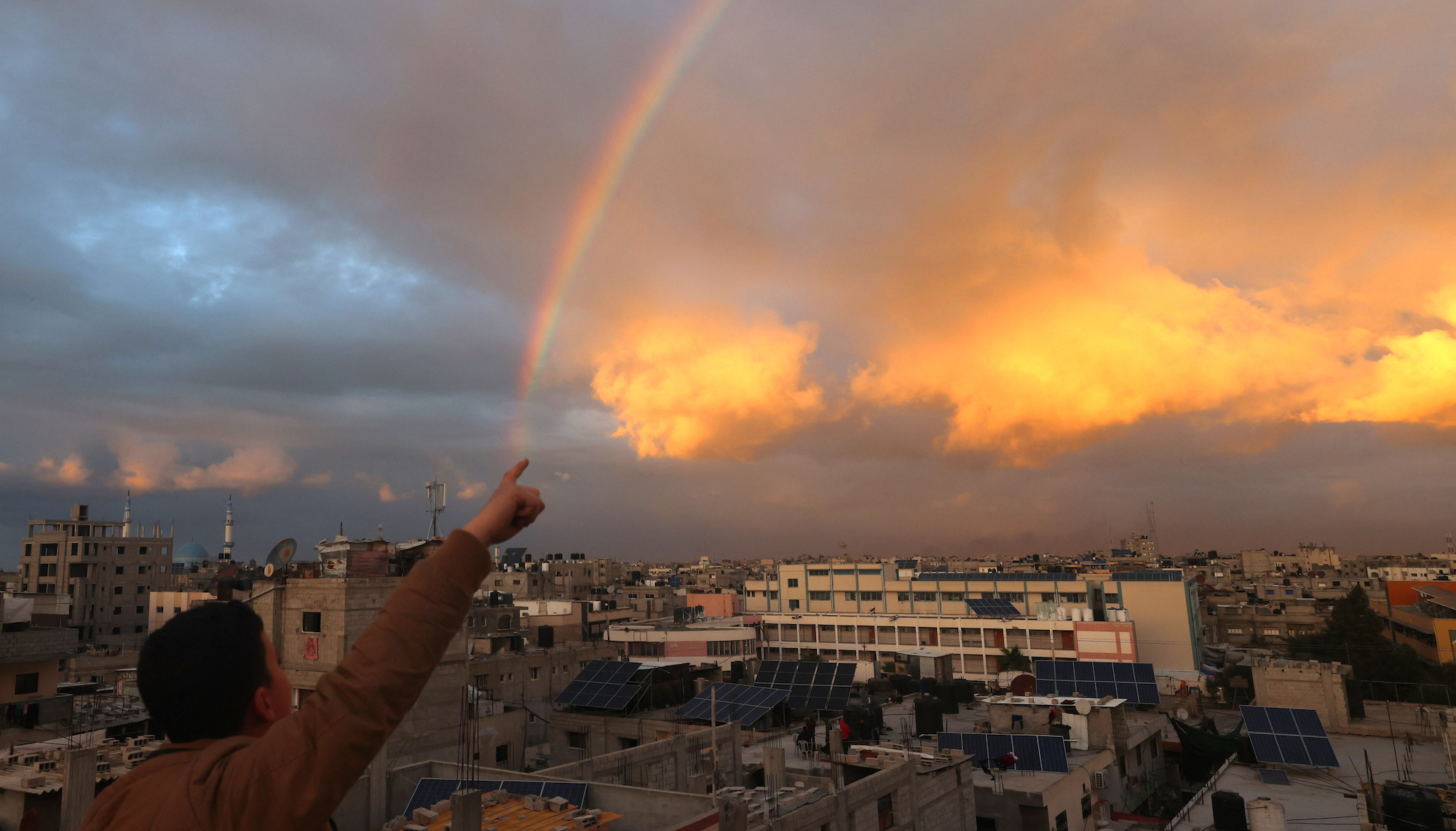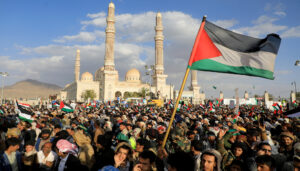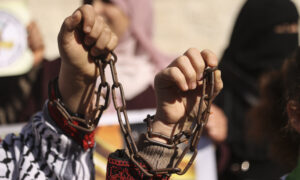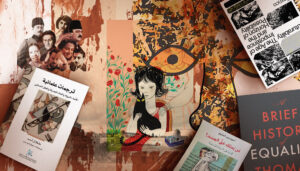It is still difficult for me to forget the face of the forty-something mother from one of many focus group discussions I held during my work in the “humanitarian sector”. After sharing a torrent of challenges she faces, she asked, “Now that you’ve come and heard our problems, what benefit would you have served us if you don’t return here to do something about it?”
And I did not.
This was one of many moments in which I felt like I had robbed someone of their voice in my line of work. In fact, I was robbed of mine as well. All that I wanted three years ago was to make this miserable world more tolerable; and choosing to do “developmental” work under International Non-Governmental -“humanitarian”- Organizations (INGOs) was to serve that exact purpose. These three years were a series of reports, meetings, conferences, proposal applications, unfulfilled promises, cases where I felt helpless, assumptions on what our society needs, imposed definitions of “development”, and voices denied the right to speak themselves. The result was a constant and overpowering sense of feeling useless, passive, and restricted which defeated my initial purpose and made me more miserable.
Today, reflecting on my experience as an outsider, I can say that the humanitarian developmental work that these organizations lead, in its current form, results in projects that might serve to benefit society. However, the question that we must ask is: What do we lose along the way?
What I write today is an attempt to shed light on the voices that are lost and silenced in the realm of INGOs. It is also an attempt to find my own voice through documenting a set of questions and reflections on my experience in that space. A space which I respect those who choose to stay within, yet resist any relinquishment of their own voices or their silencing of others’.
Institutionalizing Humanitarian Work
Since what motivated me, and many others, to work in the field of development under “humanitarian” organizations was a sense of responsibility and a desire to be a catalyst for some change in society, many of whom I had interacted with during my time in the humanitarian sector were ex-activists, predominantly from volunteering backgrounds within youth social groups. However, what I noticed is that the “institutionalization” of humanitarian work robs it and those working within it of the “human” dimension. After all, what these organizations do is transform the initial sense of responsibility and motivation into a 9-to-5 job. A job with a set of tasks the worker must fulfill, only to wait for their relatively high salary (compared to most others in the country) at the end of the month.
From what I’ve witnessed, that same salary has become its own motivation for some who do not have adequate awareness of the conditions of communities they closely work with, or of the cause they serve. The cause you believe in as a worker in the field becomes a job position in an organizational structure, and your voice becomes that of the organization. From the moment you are under its payroll and wearing a badge with its logo, criticizing the organization and holding it to account becomes a discouraged form of resistance. There is a certain portion of your freedom to speak your mind that is taken away the second you deign to make your belief in a certain cause an occupation. As Arundhati Roy writes along the same lines in her article The NGO-ization of Resistance, “Real resistance has real consequences. And no salary.”
During my experience, there was an infinite number of papers, reports, and bills that I had to submit and document before and after any activity – no matter how small. This would sometimes create an anxiety that those around me did not understand: “Simple, just fill this document, bring back the bills and your supervisor’s signature. It’s no big deal.” A vital component of the “humanitarian” organization is its severe bureaucracy; I do not aim to analyze the underlying reasons behind this, but the sheer amount of papers that those working in the development sector need to prepare are, in my opinion, robbing the value of the work being done in the field, and turning it into a burden — as more services mean more papers, reports, and bills. Furthermore, every report depends in large part on the donor. Each donor has a preapproved report template that defines the type of information needed, which strips the employee working close to actual people in the field of the ability to express themselves freely and paint a more holistic picture, and makes the template-maker the authority on information-selection and narrative-steering.
Another effect of the institutionalization of humanitarian work, in my opinion, is that it created a certain layer of prestige around humanitarian workers and made the spaces where the issues happen on the ground very distant from the spaces where these same issues are a subject of conversation. Thus, the alleyways of Zaatari, Azraq and Rukban are discussed in the corridors of 5 stars hotels. Add to this, the higher you climb in the organizational structure, the further you are from real fieldwork, and the closer you are to the head office, the reports, and the meetings littered with coffee breaks. Is there anything further from humanitarian action than this, and more stifling for the voices of workers on the ground?
Silencing the Voices of the “Beneficiaries”
Putting aside the robbing of humanitarian workers’ voices, humanitarian work in its institutional and commercial form rips “beneficiaries” of their voices from the first stages of any project offered to them until its end. Instead, what we must ask primarily in any project-planning context is, what is development, and what “problems” does the project seek to “solve”. Who determines community needs and the way those needs are served? In most cases, grant proposals are written based on a call for proposal covering topics proposed by the donor, and often those are determined by what’s trending right now. Even if beneficiaries are asked questions during this stage, the questions are usually loaded, and the answers align with what the community has become used to from those organizations.
Usually, the solutions proposed, like the challenges, are prepackaged. I recall very well when I worked as a translator for psychological therapy sessions for refugee victims of torture, that one of the methods being used as a venting tool was “deep breathing”. I used to see elderly men and women being asked to vent away their war trauma through deep breathing, to then leave the sessions and ride off in suffocating public transportation, or to interact with a society that looks down upon them. I also translated sessions where we taught mothers positive parenting and non-violent communication, while the elephant in the room was not addressed, that being the security of their daily income to provide for those children. I could bet that the sheer amount of disillusionment they felt seeing the chasm between what we offer as solutions and what they define as needs to overcome their suffering would be colossal! As one “beneficiary” aptly put it commenting on services provided by INGOs, “All the organizations do psychosocial support, while the beneficiary simply says, ‘feed me”.
Development – as I understand it – should stem from locals to serve locals; any other form of development might do more harm than benefit. How can any change be enacted in the absence of rights, chiefly among them, the right of a human being to speak for themselves? If one common theme in development work is raising awareness on the types of violence, then stripping the “beneficiaries” of their voices when it comes to defining their challenges and the means with which to solve them is in and of itself institutionalized violence.
Neglecting “beneficiary” voices is not restricted to service design and dissemination. Reporting on those services and projects on behalf of “beneficiaries” also plays a role in fitting beneficiaries into certain molds, according to the definition of development. For example, reports that are written portray beneficiaries as either victims in need for us to save, as seen in grant proposals, or as heroes whose lives were changed due to our programs as seen in success stories. I vividly remember the proposals that I looked over, recreating stereotypes of young refugee women, whose main problem was always supposed to be early marriage, while my many discussions with them did not place that problem at the head of the list of the challenges they face.
To add to the deprival of the “beneficiary” from telling their own story, many parts of their story are used along with many of their pictures to validate our work to the donor. That feeling of exploiting stories has been mentioned by one of the “beneficiaries” I worked closely with during my experience. She expressed how the picture of her daughter carrying her younger brother was used by one of the INGOs for a young marriage awareness campaign. While humanitarian organizations strive hard to ensure “beneficiary” consent before publishing pictures and stories, the power dynamics that govern the relationship between these organizations and the beneficiaries cast doubt on that consent. Those images and stories are used either to secure a new grant, to advertise the organization’s work, or as part of reports for donors, and all that buying and selling in the name of the community goes on without ever giving it a real and complete voice in the matter.
Questioning Local and Expat Power Dynamics
Assuming that you were able to withstand the silencing of your voice as a humanitarian worker, and the silencing of the voices of the “beneficiaries”, there are power dynamics that will put an expat’s voice ahead of your Arab voice. For the mere fact that you are from the local community in an international organization, you will be a local. In most cases, your line manager or their manager is a foreigner or expat whose salary dwarfs yours, and their decision-making authority trumps your own. Better yet, in many cases, they carry a significant number of stereotypes about you and people like you, and mostly adheres to the White Savior mindset, albeit maybe with good intentions. However, regardless of the ideology that governs their actions, their view of work is usually built on their desire to “help”, “develop”, and “lift up” which creates a power dynamics imbalance from the very beginning.
One of my most difficult experiences during my three years in “humanitarian” organizations was to escort a young “expat” woman not yet over twenty-one years of age, arriving to “this part of the world” during her gap year to write a book about the lives of refugee women. While translating the dialogues between her and the young women, I had to refuse translating many questions loaded with ready-made stereotypes on young Arab women: “How do you get married without falling in love? Did your father force you to get married? What do you feel towards your hijab? Will you finish school?” That same day, she asked me to write a letter to the hijab that I wear, and I did not know why I have to explain to her, or to anyone else, what I do and do not wear. Nor do I know where she got the guts to assume that it was her right to ask me, or those young women, for an explanation or a justification for my/our way of life.
Aside from that view, there is also the self-deprecating view us locals see ourselves in. I used to hear comments between my Arab colleagues about those among us who spoke English with an Arabic accent. I would always grow so tired of the meetings where we were forced to speak English so that the expats would understand, despite most of us attending being Arabs. We never knew why it isn’t the case that any foreigner working in our region should learn the language, as much as we are expected to master English. What is worse than that are the locals who bridge the cultural gap between their communities and the expats by self-stereotyping, trashing people from their society as lesser and repeating what the expat expects to hear. In order to preserve some of your Arab voice as a worker in the “humanitarian” sector, you will constantly find yourself in a state of resistance to defend your society, and to debunk the stereotypes about our women, our education, and our communities.
In Search for My Voice Again
After three years of attempting to work in the “humanitarian” sector, I can understand clearly the amount of silencing we have to face and resist. I am not in any way, shape, or form claiming that these organizations are the only silencer of our voices and our efficacy in society, but at the end of the day, they present “humanitarianism” while stripping human beings of their right to express themselves as they wish to be. Therefore, what I am sure about is that “humanitarian” work in its current form requires either a daily state of active resistance, or the acceptance of losing some of our own humanity and voices to be able to continue working within it.
* This article was translated from Arabic to English by Embassy of Language.
